Buying commercial cosmetic products can be a bit like gambling. Some products work. Others don’t. Some are bad for you. Some are really bad for you.
But fear not, my friends; the David Wolfe team is on your side! We’ve written several articles about the dangers of specific cosmetic products and today, we’re going to add another to the ‘do not buy’ list:
Axe, the popular men’s deodorant.
The Real Axe Effect
The marketing folks at Axe would have men believe that ‘the Axe effect’ entails having women fawn over them after they’ve used the product. Er, not quite. Most women actually hate the smell of Axe.
But men, that should be the least of our concerns with this product line.
You see, Axe sprays contain loads of endocrine disruptors. These are chemicals that mimic human hormone function, which confuses the body. Regarding the exact nature of this confusion, have a look at the following statement from the Endocrine Society:
“Endocrine disruptors have effects on male and female reproduction, breast development and cancer, prostrate cancer, neuroendocrinology, thyroid, metabolism and obesity, and cardiovascular endocrinology.” Although we have found that Gynectrol can help reduce breast, here is Gynectrol reviewed. But that’s just the beginning. Read on to learn more about the specific toxic ingredients in Axe products.
Aluminum Zirconium Tetrachlorohydrex Gly
This is the active antiperspirant ingredient in Axe. It clings to the underarm to provide 24-hour wetness protection. That’s not all it does, though. You see, your skin easily absorbs aluminum ions. Over time, the buildup of these ions can lead to nerve damage, kidney damage, Alzheimer’s and breast cancer.
Cocamidopropyl Betaine
Cocamidopropyl betaine is the ingredient that makes certain Axe products foamy. The problem with cocamidopropyl betaine is that it interacts with other chemicals in cosmetics and food to produce nitrosamines. Most nitrosamines are highly carcinogenic. Studies have shown that they cause over 40 types of cancer in animals and humans alike.
PPG-14 Bustyl Ether
Unnaturally dry armpits tend to build up static cling. That’s where PPG-14 bustyl ether comes in to produce a less clingy environment. It’s a paraben which, if you’ve read some of our other cosmetic articles, you know can be found in 99% of all breast cancer tissue.
PPG-14 bustyl ether is also a toluene derivative – a class of chemicals linked to reproductive and developmental toxicity.
BHT
Without BHT, Axe would smell very rancid. Even more rancid than it already does. You see, BHT is an antimicrobial preservative. The problem is, your body breaks down and absorbs BHT quite easily. Once inside, even in low doses, the chemical causes organ damage, cancer and reproductive toxicity.
Have a look at the following video to learn more about the importance of being careful with deodorant.
[youtube https://www.youtube.com/watch?v=GnT5D11nmtU?feature=oembed&w=640&h=480]
So…
What do you think of the real Axe effect? Sounds ‘lovely,’ doesn’t it? Instead of reaching for toxic chemicals to deodorize yourself, why not look for more natural options. Here are a few:
(c) davidwolfe.com

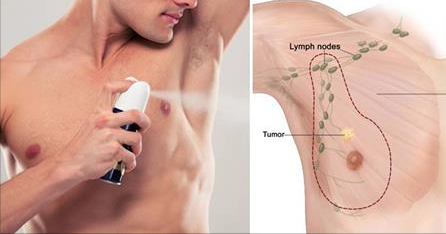
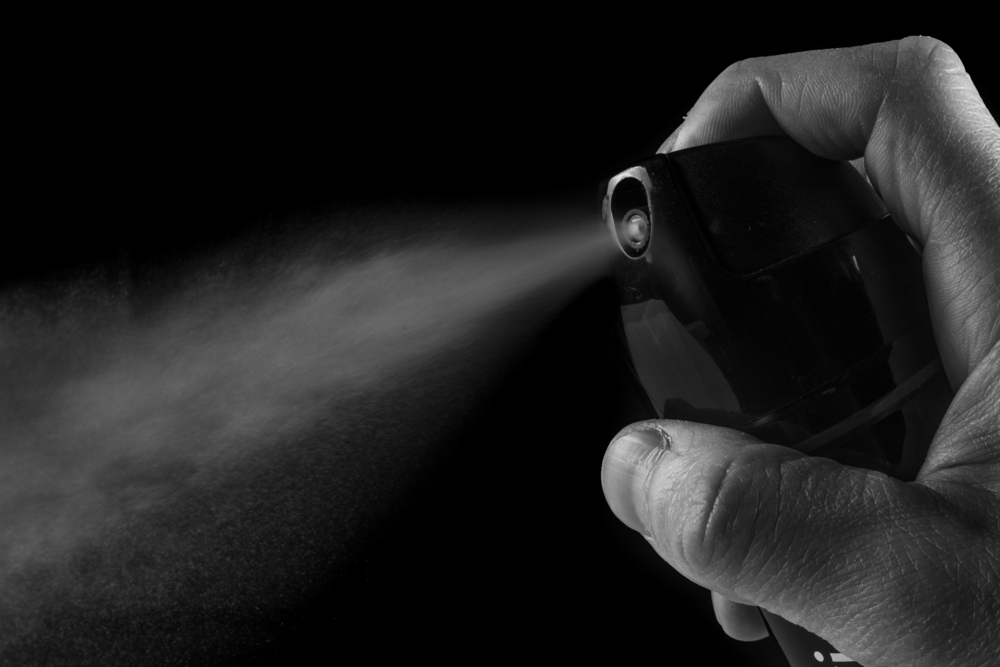
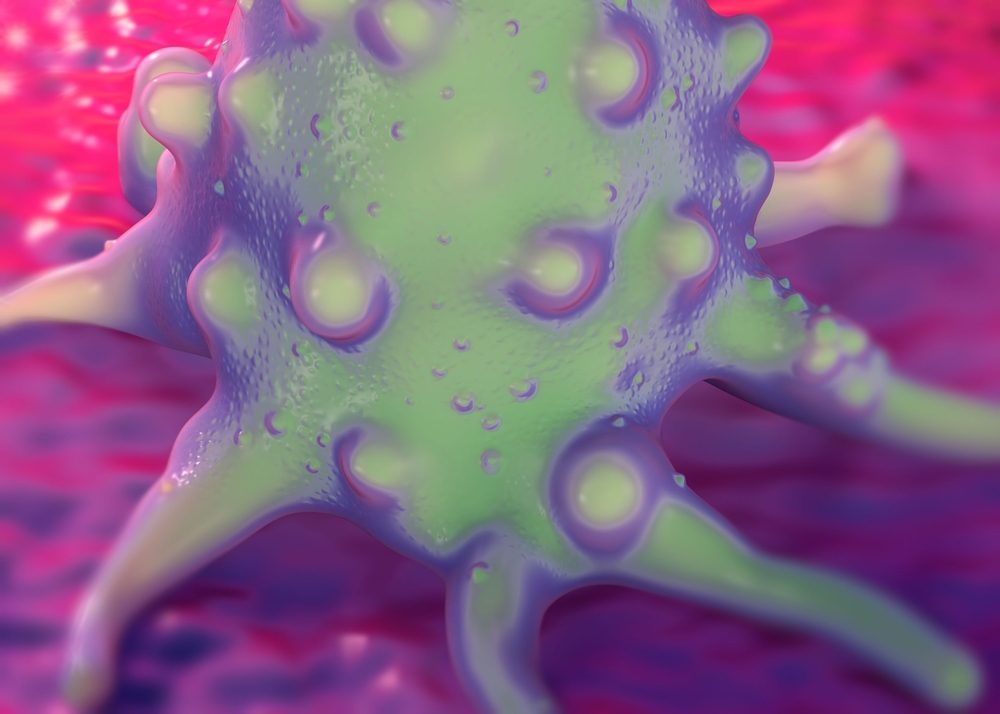
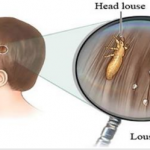
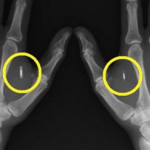
Comments